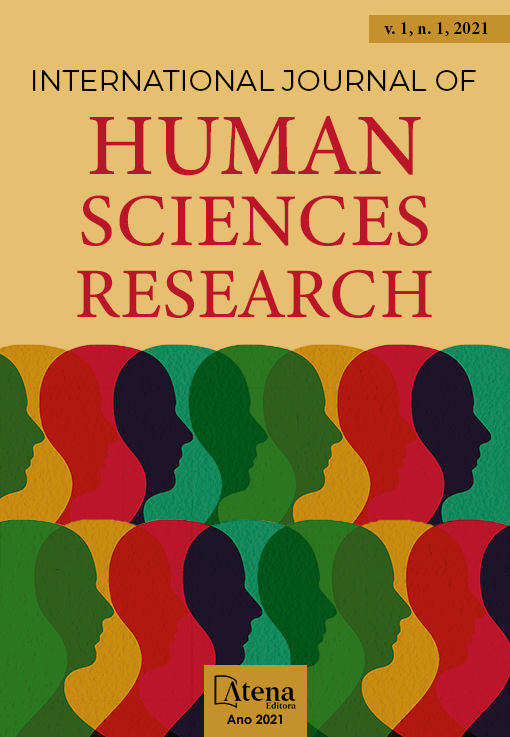
PRINCIPLE OF REASONABLE: THE CONTROL OF ABUSE OF POWER IN THE NEW CODE OF CIVIL PROCESS
It is not possible to dismiss the Jurisdiction of the Public Administration. The peaceful pacification of social conflicts must be based on the current structure of legality. Therefore it is the duty of the Judge, the maximum duty of the law enforcer, in saying the law, to apply the legal order in all its complexion, without abuse of power. It is very important to reveal that reasonableness is closely linked to legality. Date of conclusion, this is not an unfolding of the principle of proportionality, is not in line with the idea of applying what is necessary to reach the desired goal. Reasonability, in this analysis, has the power to establish the magistrate's position as a managerial public administrator. Reasonability must link the enforcer to the law itself. Obviously, this link to the law does not refer to law in the strict sense of its cold letter, which little glimpses the social claims. The link referred to here can be interpreted within the "inventive" activity, in the words of the best, "creative" doctrine of the Judge, an activity that contemplates the interpretation of legal rules and principles, contemplates the application and interpretation of all juridical framework, including, the own jurisprudential production. In this sense, it is when the interpretation and application of the law escapes the antecipated and predicted by the legislator, and when the social demands are dissociated from the common, that the Judge can not abuse its power, it is at this moment that must be reasonable, it is in this time that can not turn its back on its mission as a public administrator, which is bound to parameters and guiding criteria. This way, the new civil procedure code, which brings institutes of braking to those who have jurisdiction, contains this creative process, and does not allow the power of the Judge rests from the sphere of delivery of law and goes to the sphere of the making of law.
PRINCIPLE OF REASONABLE: THE CONTROL OF ABUSE OF POWER IN THE NEW CODE OF CIVIL PROCESS
-
DOI: 10.22533/at.ed.5582121108
-
Palavras-chave: Reasonability; Jurisdiction; Public administration; Power abuse; New Code of Civil Procedure.
-
Keywords: Reasonability; Jurisdiction; Public administration; Power abuse; New Code of Civil Procedure.
-
Abstract:
It is not possible to dismiss the Jurisdiction of the Public Administration. The peaceful pacification of social conflicts must be based on the current structure of legality. Therefore it is the duty of the Judge, the maximum duty of the law enforcer, in saying the law, to apply the legal order in all its complexion, without abuse of power. It is very important to reveal that reasonableness is closely linked to legality. Date of conclusion, this is not an unfolding of the principle of proportionality, is not in line with the idea of applying what is necessary to reach the desired goal. Reasonability, in this analysis, has the power to establish the magistrate's position as a managerial public administrator. Reasonability must link the enforcer to the law itself. Obviously, this link to the law does not refer to law in the strict sense of its cold letter, which little glimpses the social claims. The link referred to here can be interpreted within the "inventive" activity, in the words of the best, "creative" doctrine of the Judge, an activity that contemplates the interpretation of legal rules and principles, contemplates the application and interpretation of all juridical framework, including , the own jurisprudential production. In this sense, it is when the interpretation and application of the law escapes the antecipated and predicted by the legislator, and when the social demands are dissociated from the common, that the Judge can not abuse its power, it is at this moment that must be reasonable, it is in this time that can not turn its back on its mission as a public administrator, which is bound to parameters and guiding criteria. In this way, the new civil procedure code, which brings institutes of braking to those who have jurisdiction, contains this creative process, and does not allow the power of the Judge rests from the sphere of delivery of law and goes to the sphere of the making of law.
-
Número de páginas: 17
- Felipe Teles Tourounoglou


